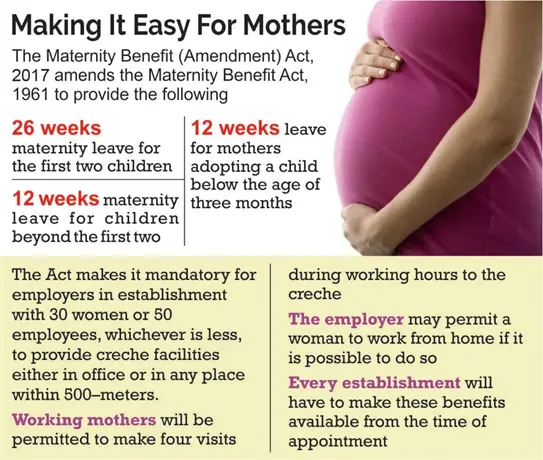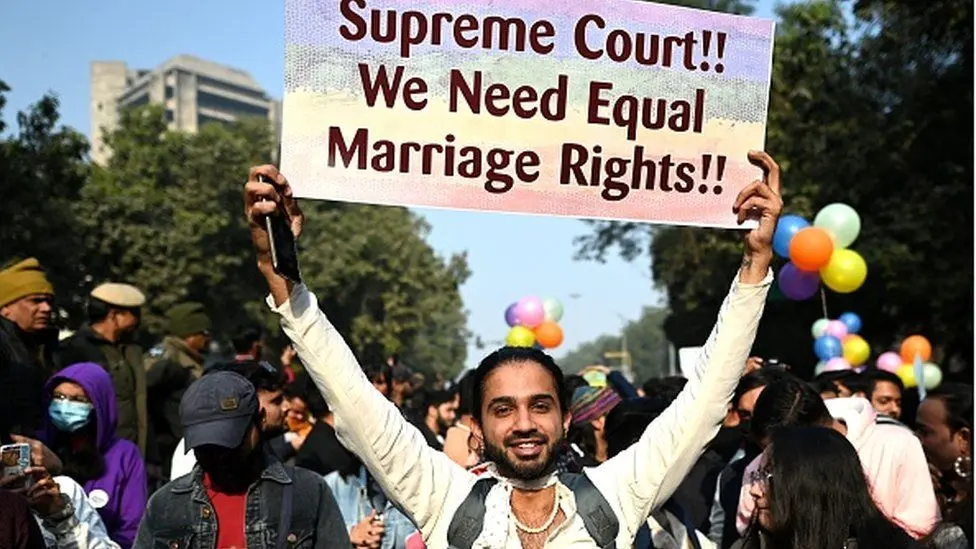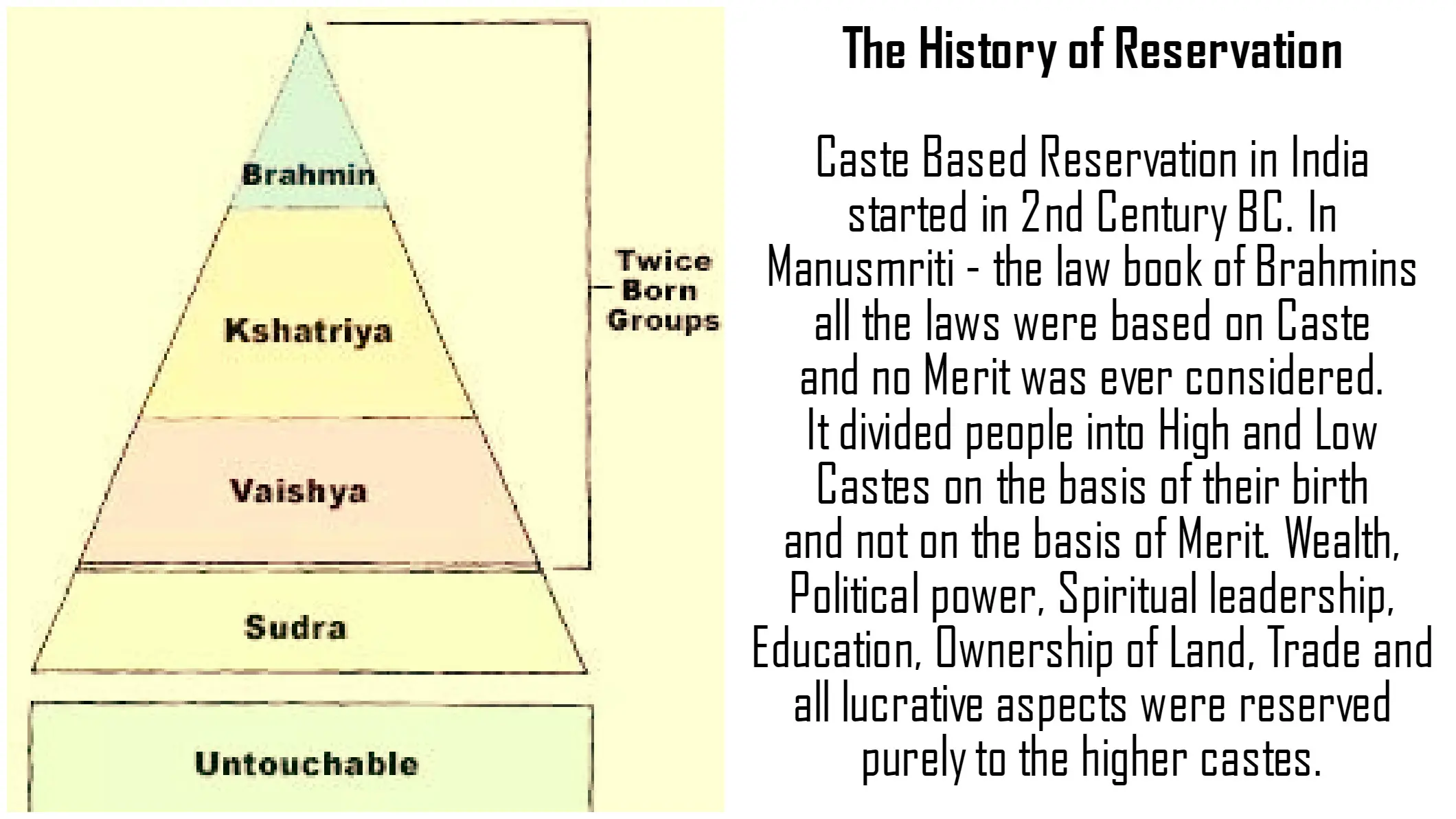UN population report: Key takeaways for India and the world
Maternity benefits to adoptive mothers: What the law says, why it is facing a challenge in SC

2023-04-12
03:58 pm
458 Views
Recently, the Supreme Court granted permission to hear a petition that questions the constitutionality of Section 5(4) of the Maternity Benefit Act, 1961. This section provides 12 weeks of maternity leave to women who legally adopt a child below three months old.
HamsaanandiniNanduri from Karnataka filed a Public Interest Litigation (PIL) challenging the Act's Section 5(4) for being discriminatory and arbitrary towards adoptive mothers and orphaned children over three months.

Challenge to Section 5(4) of Maternity Benefit Act, 1961
- The 1961 Actdid not include provisions for mothers who adopt.
- In 2017, the Act was amended to include Section 5(4), which grants 12 weeks of maternity leave to a woman who legally adopts a child below three months old or a commissioning mother (a biological mother who uses her egg to create an embryo implanted in any other woman).
- A woman adopting a child over three months old is not entitled to any benefits under this provision.
- A PIL has been filed challenging Section 5(4) of the Act on the grounds of discrimination against adoptive mothers and orphaned, abandoned, or surrendered children over three months old.
- The petition argues that the provision is incompatible with the object of the Maternity Benefit Act and the Juvenile Justice Act.
- The petition also contends that the 12 weeks’ benefit for adoptive mothers is insufficient compared to the 26 weeks’ benefit for biological mothers and fails to stand the scrutiny of Part III of the Constitution, which is linked to the concept of non-arbitrariness.
The Maternity Benefit Act, 1961
- The Maternity Benefit Act was passed by Parliament on December 12, 1961, to regulate the employment of women in certain establishments before and after childbirth.
- The Act initially applied to factories, mines, and plantations, and was later extended to government establishments and establishments where people were employed for performances.
- The Act repealed the Mines Maternity Benefit Act, 1941, and Maternity Benefit Act, 1929.
- Section 4 of the 1961 Act prohibited the employment of women for six weeks immediately following their deliveryor miscarriage.
- Section 5 of the Act provided for paid maternity leave, with a maximum of 12 weeks, including six weeks before and six weeks after delivery.
- To avail maternity benefits, a woman must have worked for at least 160 days in the 12 months before her expected delivery.
- Female workers cannot be dismissed from their jobs or have their wages reduced while availing of maternity benefits.
- Violating the Act could result in three months’ punishment with or without a fine.
The Maternity Benefit (Amendment) Act, 2017
- On March 9, 2017, the Maternity Benefits (Amendment) Act 2017 was passed, which brought about key changes to the Maternity Benefit Act, 1961.
- The Amendment Act extended the paid leave after childbirth to 26 weeks, but only for biological mothers.
- It also added Section 5(4) to grant a 12-week maternity benefit period to adoptive or surrogate mothers who legally adopt a child below three months old.
- The amended Act introduced provisions under Section 5(5) to allow women to work from home if the nature of their work allows it.
- Section 11 was also inserted, which mandates establishments with fifty or more employees to have a creche facility within a prescribed distance, and allow the woman four visits a day to the creche and rest intervals.
Limitations and Challenges Faced by Women in Unorganised Sectors
- Women working in the unorganised sector are not eligible for the benefits provided by the Maternity Benefit (Amendment) Act, 2017.
- A 2020 report by TeamLease, a human resource company, revealed that even after three years of the amendment Act being passed, it had not resulted in a positive impact on job opportunities for women.
- The report also found that women's participation had declined in more than 5 out of 10 sectors since the implementation of the Act.
- According to the report, 7 out of the 10 sectors reviewed were expected to show positive momentum in women's workforce participation in the medium term, owing to the Act. However, 5 of the 10 sectors have experienced a drop in the share of women in their workforce.
- Women face various challenges after maternity, with the majority (30%) citing wage cuts, followed by resistance or lack of support from family (25%) and access to childcare (20%), according to the report.
















Comments
Login To Comment
Recent Comments